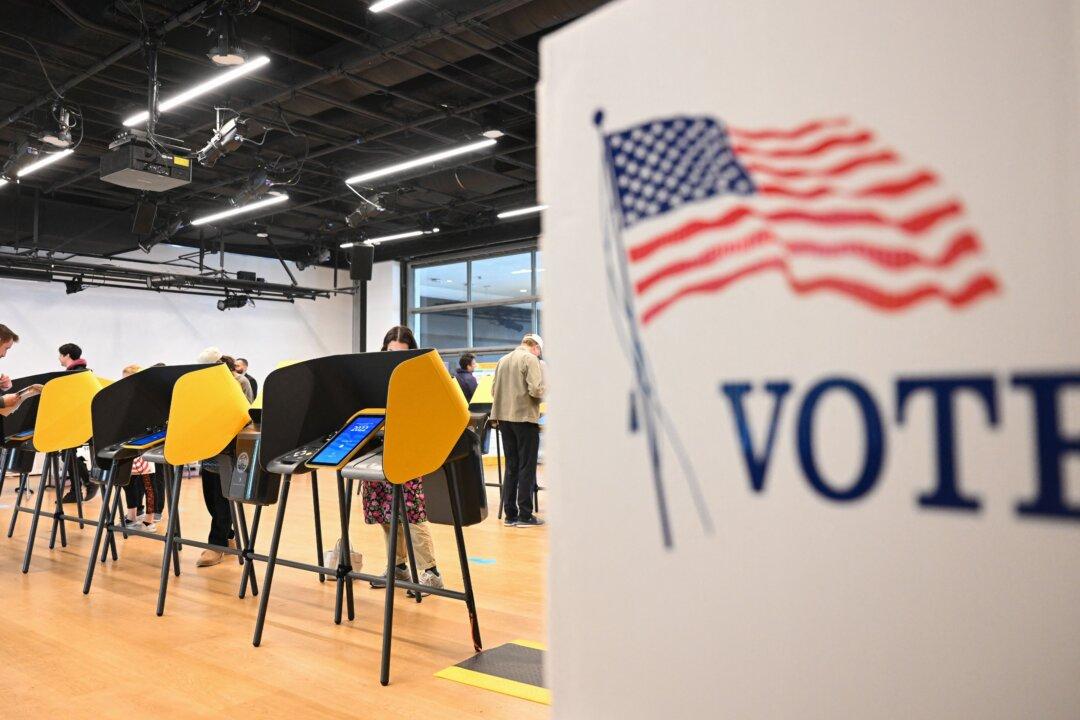Elections security advocates said the 2022 midterm races exemplify what happens when voters trust the system. One voting rights lawyer says more must be done to ensure everyone’s voice is heard.
The Committee on House Administration’s Subcommittee on Elections held a hearing on the 2022 midterm elections to review the impact of heightened security measures on voter turnout. According to subcommittee chair Rep. Laurel Lee (R-Fla), the overall impact of tighter security was greater voter turnout.





